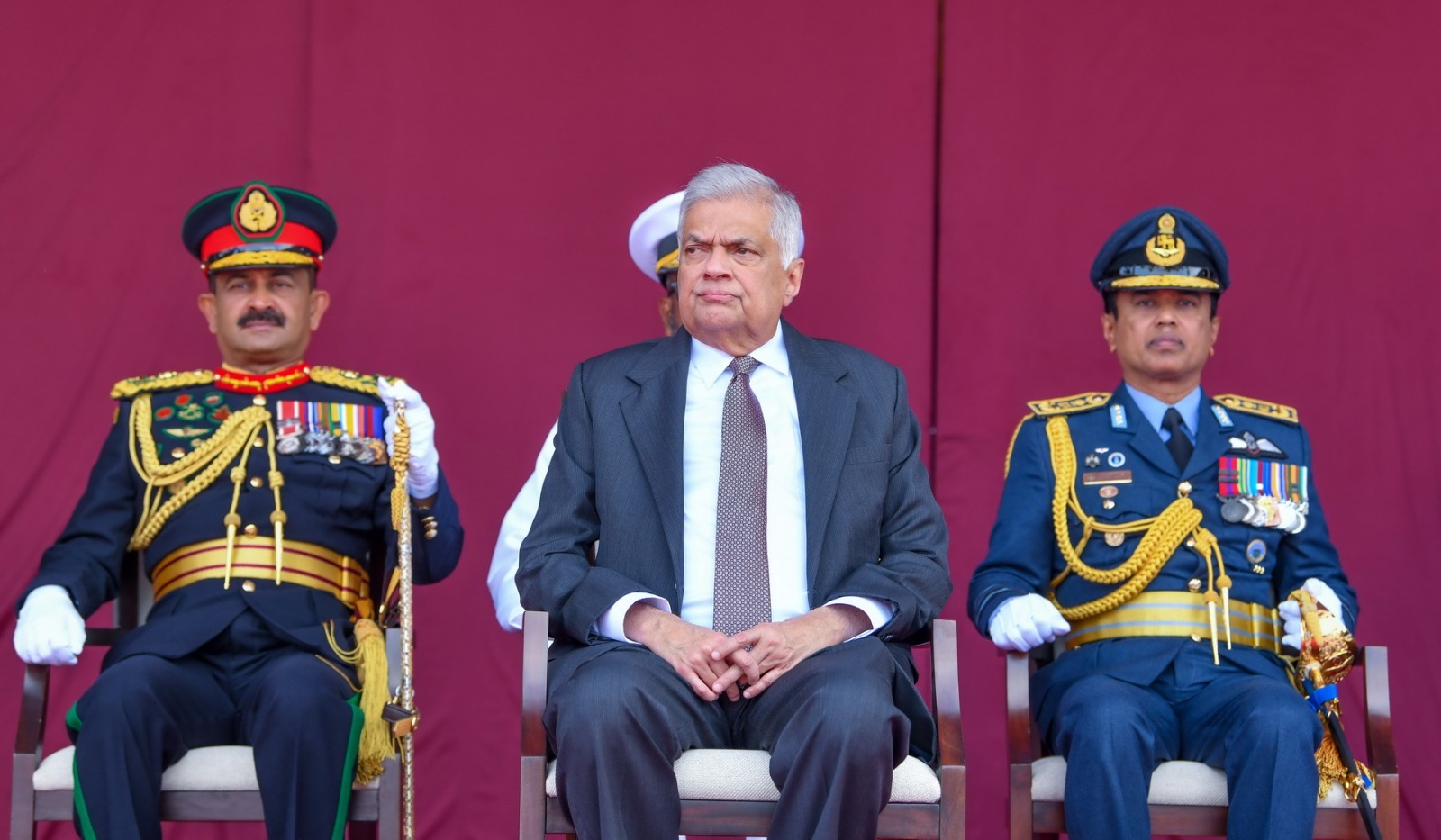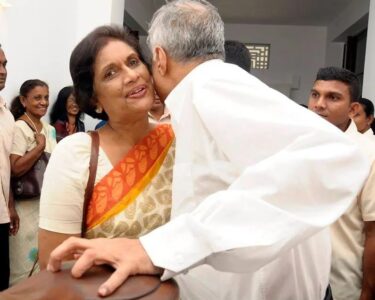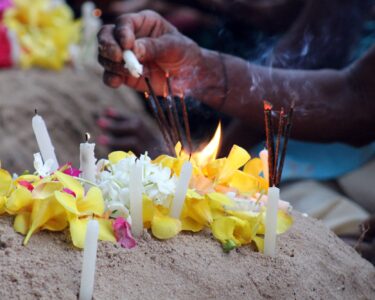Sri Lanka celebrated its 76th Independence Day on Sunday with much glimmer emerging from the spectacular military parade, dances, and the colorful display by dignitaries. President Ranil Wickremesinghe offered much hope with his renewed invitation to Sri Lankans, at home and abroad, to contribute their utmost energy to rebuilding the country.
He said the government is steering the economy towards stability despite numerous impediments and challenges. Any sensible commentator would say that Wickremesinghe’s comments are fair enough given the difficult task of handling a bankrupt economy and an ill-governed country.
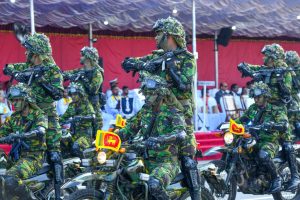
Dark Patches
Beneath the surface, however, many dark patches remain that need to be addressed if the nation is to celebrate independence from economic misery and chronic governance issues.
Since gaining independence in 1948, Sri Lanka has been run by three family dynasties whose unaccountable, corrupt, and incompetent regimes have led the country through constitutional riots, two insurrections, and a thirty-year-long civil war, culminating in bankruptcy.
Any hope that a new generation would take over in a way that could recover the country from this vicious trap seems like a distant dream.
The Online Safety Bill, which many have observed as a bill that curtails fundamental freedoms, is already law. The proposed counter-terrorism law, which gives even wider powers to suppress dissent and hide extrajudicial actions, is on the way.
Sri Lanka’s economy is in the worst economic crisis in its history. In May 2022, Sri Lanka defaulted on its sovereign debt for the first time since independence.
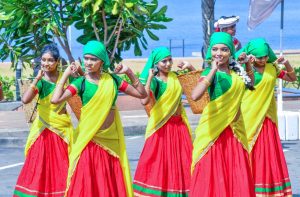
IMF Bail Out
In March 2023, the IMF approved a 48-month $2.9 billion Extended Fund Facility to help the country get back on track. There seems to be no other option than following the pathway shown by the IMF, which is essentially not a bad one compared to the routes trodden by Sri Lanka’s failed politicians.
More than 17% of the population is food insecure, requiring urgent assistance. According to the UN, an alarming 31% of children under five are malnourished, highlighting the severity of the crisis. Merely increasing taxes, as recommended by the IMF, will not improve the hardships faced by average Sri Lankans who are struggling to survive.
VAT was increased from 15% to 18% and will be applied to 97 essential goods, including fuel, cooking gas, and fertilizer. An 18% VAT has even been introduced for basic necessities such as food and textbooks. As companies close down, more than half a million jobs are being lost.
Indebtedness is skyrocketing, with approximately one-third of all households depending on loans to make ends meet, while 24% are dependent on money lenders and 23% on bank loans. As of June 2023, this amounted to about 7% of the GDP.
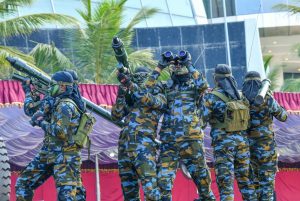
Coming Days
Many, including the IMF, have warned of social unrest triggered by falling real income. However, in contrast, the IMF stubbornly insists that its austerity program needs to be implemented if the remaining instalments are to be received.
The situation could worsen as the country’s finances are fragile and external debt repayments are piling up.
Many are aware of the looming gloom, but a viable rescue plan has not been developed, and only piecemeal efforts are being discussed.
All opposition parties dream of getting into power, but none have been able to come up with a comprehensive plan for economic, social, and political reorganization that would bring about a paradigm shift.
Sajith Premadasa and his team are largely proposing that they can do things better than the previous and existing government, while Anura Kumara Dissanayaka is largely proposing to trust them and elect them to power, claiming everything will be okay as they have a visionary plan. However, no one knows the details of this visionary plan.
Quelling Dissent
President Wickremesinghe is undoubtedly looking to cling to power at any cost and aligning with anyone who would support him. He will likely resort to using the parliamentary majority and executive powers to quell dissent, but these attempts will meet resistance from many quarters of society.
All social forces and political parties willing to change need to be encouraged to think anew for a paradigm shift that would ensure a system that guarantees real freedom.
Real freedom can be attained only when basic freedoms like political participation, freedom from hunger and fear, economic opportunities, and social justice are ensured. As Nobel Prize winner Amartya Sen pointed out, these freedoms are not only valuable in themselves but also instrumental in achieving further development. When people are free to express themselves, access education and healthcare, and participate in decisions affecting their lives, they are more likely to contribute to their own well-being and the community’s progress.
The pathway towards real freedom lies in constructive dialogue.
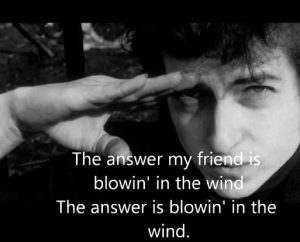
As Bob Dylan who was awarded the -Nobel Prize in Literature in 2016 “for having created new poetic expressions within the great American song tradition.” said The Answer my friend is Blowin’ in the Wind”



